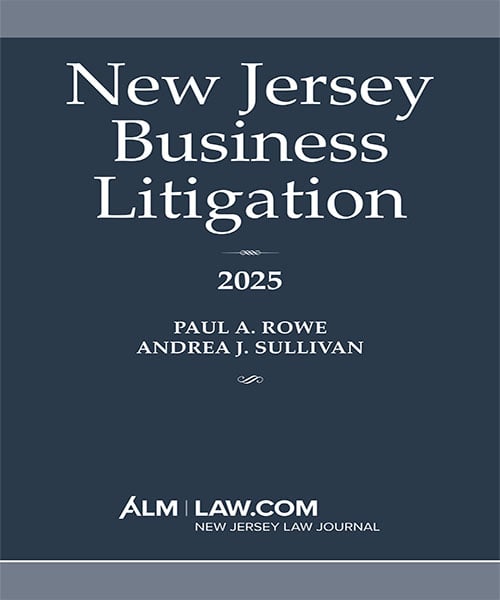0 results for '*'


Reform Group Urges Cuomo to Act Immediately, Without Waiting for Legislature, to Adopt Reforms

The Ethics of Social Networking Discovery
Mark A. Berman, a partner at Ganfer & Shore, writes that although a recent trial court decision makes it clear that a court may require a person to authorize a social networking site to produce both public and private postings that person has made, the use of social networking sites by attorneys or investigators as an investigative tool is not unfettered.
A First-Anniversary Look at the Impact of 'Stern v. Marshall'
Thompson Hine's Barry Kazan and Jim Henderson write: In the year since 'Stern' was decided, courts have grappled with how broadly to read the decision while also addressing practical issues arising in bankruptcy cases. Courts finding that 'Stern' has a broad application focus on public/private rights analysis; courts with narrow interpretations focus on the conclusion of Roberts' opinion: "[T]he question presented here is a 'narrow' one...[and] does not change all that much."
Strategic Considerations for Earn-out Provisions
George Zuber, a partner at Deloitte Financial Advisory Services, and Neal Barlia, a partner at Dickstein Shapiro Morin & Oshinsky,write that no one model earn-out provision is appropriate for all contracts � certainly no specific language can insure that no dispute will arise after the transaction closes. Nevertheless, careful consideration of the issues that commonly arise in earn-outs can help to reduce misunderstandings.View more book results for the query "*"


When All Efforts Fail to Retain Them, Unintentional Biases May Be at Work
Ellen Ostrow, a psychologist and founder of Lawyers Life Coach, writes that rates of associate attrition from the largest law firms in the United States are higher than ever, in spite of years of efforts to reduce them. Women and attorneys of color share with white male lawyers many reasons for leaving, however, diverse attorneys bump up against other cultural norms that have been part of law firm mores for so long that they appear to be professional requirements.
Cuomo Proposes Expansion of DNA Database for All Crimes
The proposal - the elusive goal of several of Mr. Cuomo's predecessors - was the only criminal justice initiative in the governor's State of the State address. He made no mention of any other issues of substantial interest to the legal community.


Trending Stories
- 1U.S.- China Trade War: Lawyers and Clients Left 'Relying on the Governments to Sort This Out'
- 2Willkie Adds Five-Lawyer Team From Quinn Emanuel in Germany
- 3AI Discrimination and the 10-Step Bias Elimination Audit
- 4Return to Work Mandates Among Current Mental Health Stressors for Legal Professionals
- 5Friday Newspaper
Featured Firms
Law Offices of Gary Martin Hays & Associates, P.C.
(470) 294-1674
Law Offices of Mark E. Salomone
(857) 444-6468
Smith & Hassler
(713) 739-1250





